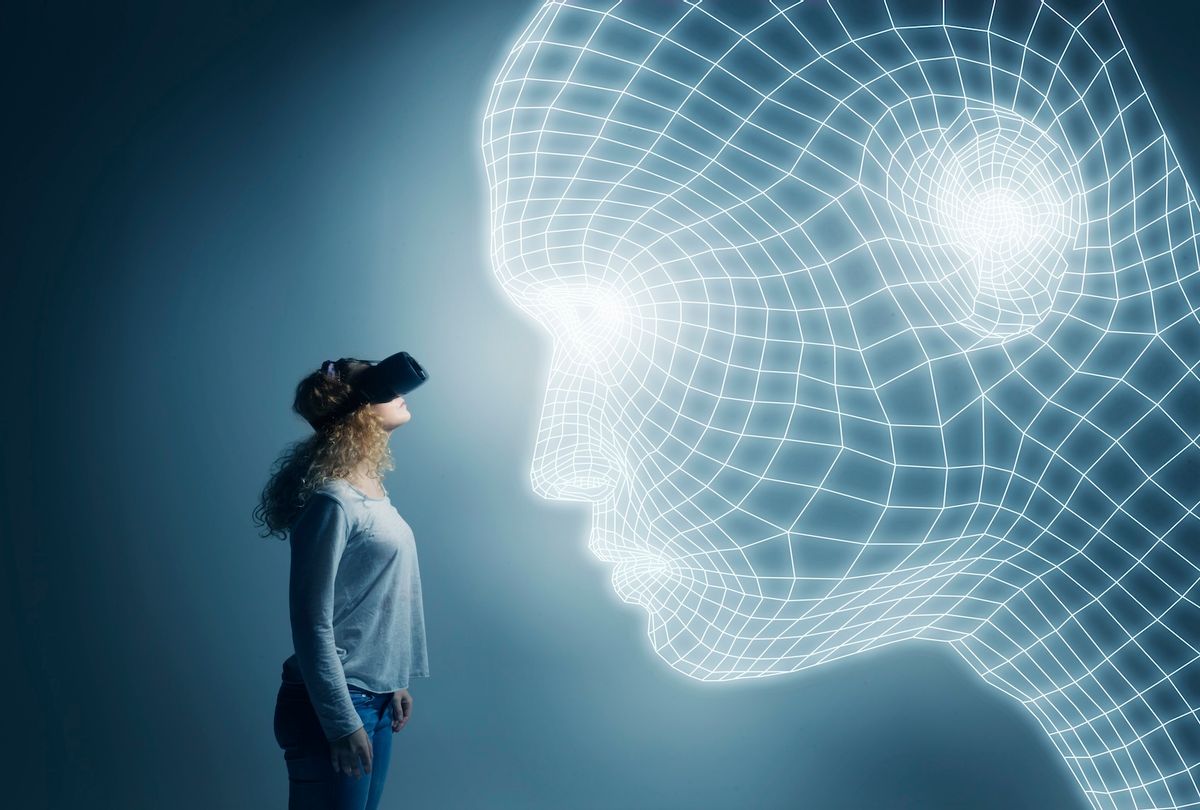Is Technology Redefining 'Self'? VR & Neuroscience Offer a Path to Mental Healing

The very notion of 'self' – that core sense of identity – is undergoing a seismic shift, thanks to rapidly advancing technology, particularly virtual reality (VR). We've long pondered the question of 'who am I?' Now, VR is not only prompting us to re-examine this fundamental question but also offering unprecedented opportunities to understand and potentially heal the complexities of the human mind. This isn't just a philosophical debate; it's a burgeoning field at the intersection of neuroscience and immersive technology with profound implications for mental health treatment and our understanding of consciousness itself.
The Virtual Mirror: VR and the Illusion of Self
For centuries, philosophers and psychologists have grappled with defining the self. Is it our memories, our physical body, our relationships, or something more elusive? VR throws a fascinating wrench into this discussion. By creating incredibly realistic and interactive environments, VR allows us to experiment with different identities, explore alternative scenarios, and even confront our deepest fears in a safe and controlled setting. This can lead to a powerful realization: the 'self' isn't a fixed entity but a fluid construct shaped by our experiences and perceptions.
Consider the implications for individuals struggling with anxiety or PTSD. Traditional therapy often involves reliving traumatic events, which can be incredibly difficult and even re-traumatizing. VR offers a way to recreate these scenarios in a therapeutic environment, allowing patients to gradually confront their triggers and develop coping mechanisms under the guidance of a therapist. The key is the sense of control; patients can pause, rewind, or modify the experience as needed, fostering a feeling of agency that is often absent during real-world trauma.
Neuroscience and the VR Connection: Mapping the Brain of the 'Self'
The rise of VR isn't just changing how we *experience* the world; it's also providing invaluable data for neuroscience. As we interact with virtual environments, our brains respond as if they were real. This allows researchers to study brain activity in unprecedented detail, mapping the neural pathways associated with self-awareness, embodiment, and social interaction. Functional MRI (fMRI) scans, for example, can reveal how different brain regions light up when a person feels present in a VR world or interacts with a virtual avatar.
Furthermore, VR can be used to create ‘brain training’ exercises designed to strengthen specific cognitive functions or rewire neural circuits. For patients with neurological disorders, such as stroke or traumatic brain injury, VR-based rehabilitation programs can help them regain lost motor skills and improve their cognitive abilities. The immersive nature of VR enhances engagement and motivation, leading to better outcomes.
Beyond Treatment: The Future of Self and Technology
The potential applications of VR extend far beyond mental health treatment. Imagine using VR to enhance empathy by allowing individuals to experience the world from another person's perspective. Or using VR to train surgeons in complex procedures, providing realistic simulations without the risk of harming patients. The possibilities are virtually limitless.
However, this technological revolution also raises important ethical considerations. As VR becomes increasingly immersive and realistic, we need to be mindful of the potential for addiction, escapism, and the blurring of lines between reality and simulation. It's crucial to develop guidelines and safeguards to ensure that VR is used responsibly and ethically.
Ultimately, technology isn't simply breaking our concept of the self; it’s offering us a powerful new tool to understand it, heal it, and potentially evolve it. The journey into the virtual world is also a journey into the depths of our own minds, promising a future where technology and neuroscience converge to unlock the full potential of the human experience.






